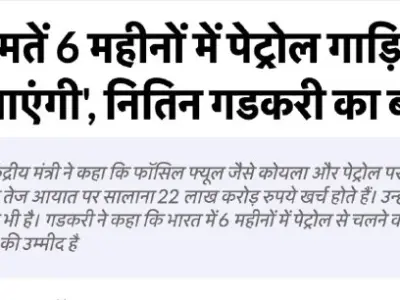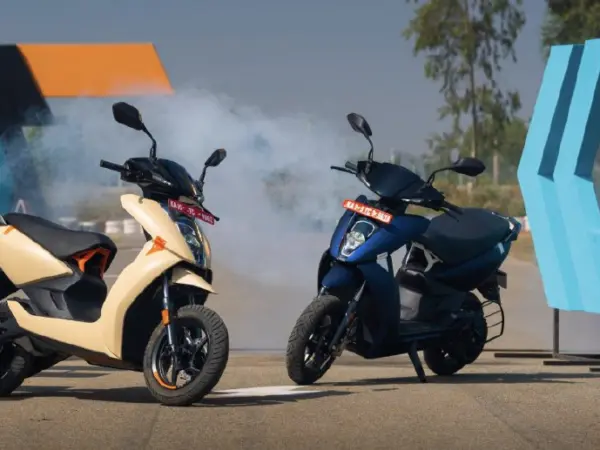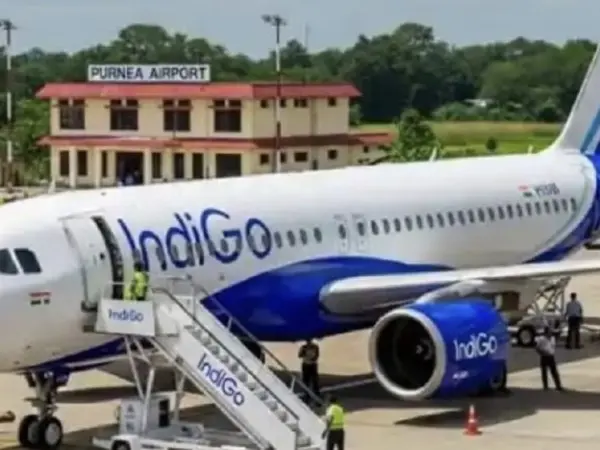Delhi’s air pollution is back in the headlines, and this time the government is stepping up. From Friday, BS-III petrol cars and BS-IV diesel cars are officially banned from the roads in the capital under the Graded Response Action Plan (GRAP-III). If you’re caught driving these vehicles, get ready to shell out ₹20,000 as a fine.
Here’s what’s happening:
- What’s Banned?
- BS-III petrol and BS-IV diesel cars (4-wheelers) are not allowed in Delhi.
- Diesel-run medium goods vehicles (MGVs) and light commercial vehicles (LCVs) registered outside Delhi also can’t enter, except for those carrying essential supplies.
- Interstate Buses Restricted:
- Non-CNG, non-Electric, or BS-VI diesel interstate buses (except tourist buses) can’t enter Delhi either.
- Why the Ban?
- Delhi’s air quality has plunged to the severe category with an AQI above 400, prompting GRAP Stage III measures. These steps aim to prevent the situation from worsening.
- Other Measures Under GRAP-III:
- More frequent road sweeping with machines.
- Daily water sprinkling to control dust, especially in high-traffic areas.
- Stopping all demolition and construction work.
- Banning transportation of demolition waste.
- What’s GRAP?
- GRAP, or the Graded Response Action Plan, kicks in based on air quality levels. There are four stages:
- Stage I: Poor (AQI 201-300)
- Stage II: Very Poor (AQI 301-400)
- Stage III: Severe (AQI 401-450)
- Stage IV: Severe Plus (AQI >450)
- GRAP, or the Graded Response Action Plan, kicks in based on air quality levels. There are four stages:
This year, Stage III was activated a bit later compared to last year. Back in 2023, it started on November 2.
What Does This Mean for You?
If you own an older vehicle, better leave it parked to avoid trouble. Public transport is being ramped up to help commuters, and the government is encouraging people to use buses, Metro, or carpool.





